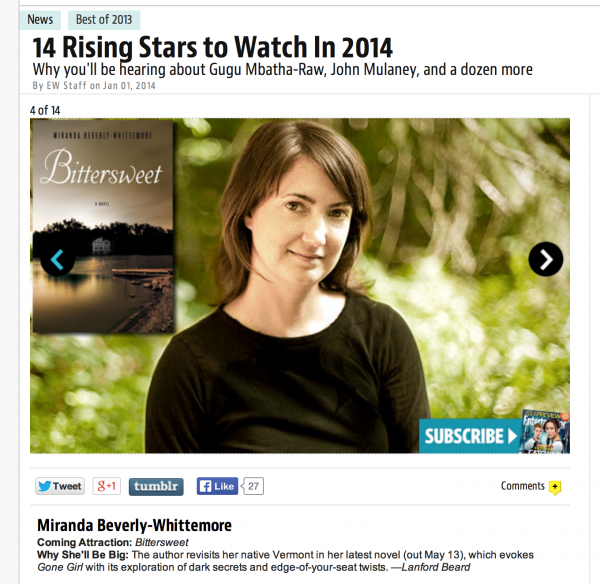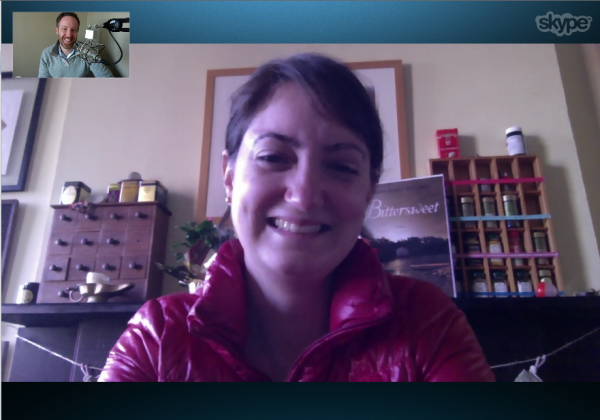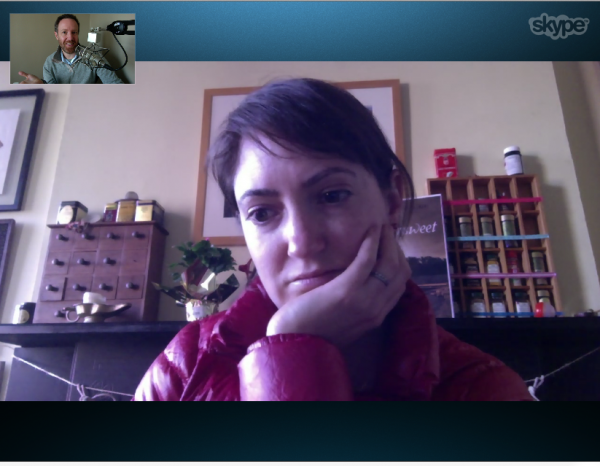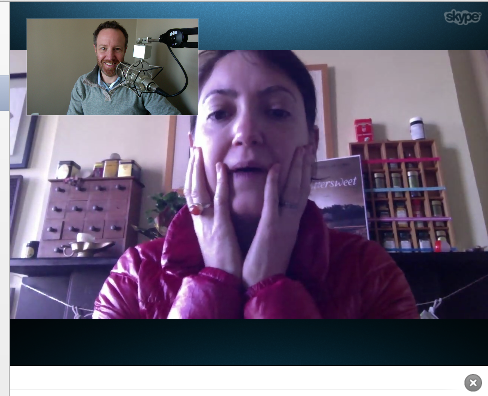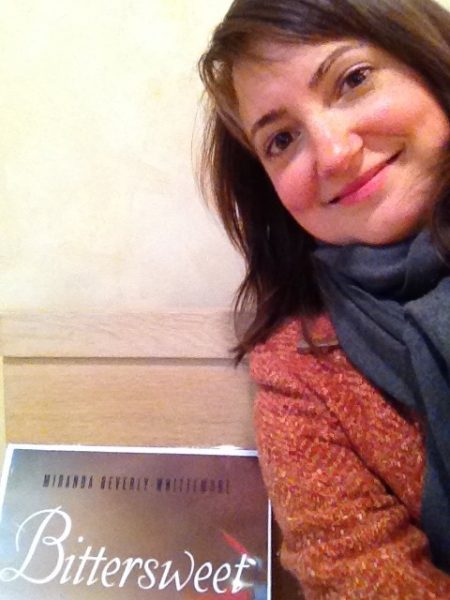To succeed as a writer, you do not need a Twitter account. Or a website. Or a newsletter. Or even an email address.
What you need is to create experiences for your readers. Not things. Last week, I talked about the value of small moments, and I have been reflecting a lot on the term “author platform” recently. This has become a polarizing term – and one that I have been using less and less, even if what it represents is as important as it ever has been.
So let’s start with the basics: for many writers, these are the two primary goals:
- To craft meaningful work – to write.
- To connect that writing to the right audience.
Sometimes we take for granted that the second item in that list is an OPTION. Not everything needs to be shared. You do not have to publish, share your work, or give a moment’s thought to finding readers. That is a choice, and one that you should make proactively. If you don’t want to publish, don’t want to figure out how your writing can find readers, then you don’t have to. Just keep writing, and do so for the deeply personal goals that are your own, not that of other people. I think we often get off track focusing on OTHER people’s goals and values, not our own.
But… if you DO want to share your writing, THEN we need to talk about the two things that I feel define the term “platform”
- Effective communication
- Developing trust with the right people
And that inherent in this process is to create meaningful connections. The goal of the platform is not itself, but rather to help ensure those first two goals happen: you are able to craft your writing, and that it finds an engaged readership. You don’t “have” a platform – it’s not a thing. Platform is a PROCESS of communication and trust. It is not social media, something such as Twitter is merely a channel that connects you to others, giving you the OPPORTUNITY to earn trust with others. Your voice is the thing that matters on a social channel, not the channel itself.
And what you hope to create with readers are experiences.
Your books are clearly the ultimate experience, that is the core of everything. Which is why you need to protect your writing time, evolve your craft, and learn how to best produce the highest quality work. In fact, a good platform for your life as a writer should have a primary focus of PROTECTING your writing time, ensuring that the writing comes first. I was chatting with a couple of authors I worked with recently, and both of them said a primary outcome of working together is that they now have more time to write. That was incredible to hear, because the creative process for one’s writing is the heart of everything.
Beyond your books and writing, there are other experiences you can create for readers:
- How you publish and share your writing. Is it accessible, and personal, and timely? Who have you partnered with that will resonate with your ideal readers?
- How you the author – the creator behind the work – shares your own worldview and voice with readers. No, this is not a requirement, but it does matter for many readers, and is an opportunity for any creative professional. This is where you can choose to bring in elements such as social media, newsletters, book readings and events, etc. into your life and the lives of those you hope to connect with – all focused on voice, communication, and trust.
- The experience that resonates in readers’ heads long after any of these things happen. After all, your legacy is written in the thoughts, attitudes, and actions of others.
What each of these experiences creates is an opportunity for you and your work to resonate with readers. And these moments tend to add up, affording you the likelihood that your NEXT book will build even deeper connections, and a broader audience.
So many writers I speak to are overwhelmed by the opportunities in front of them. There is simply too much they can be doing. Which is why it is so important to focus on a handful of specific actions, and eliminate all else. The life of a writer should not be creating the ability to juggle more stuff – but rather – honing and focusing. And yes, this does require a lot of difficult decisions along the way.
If you feel that you may want some help in this process, consider joining me and a group of writers for my 8-week online course which begins on January 27th: Get Read: Find Readers and Build Your Author Platform.
Thanks!
-Dan

